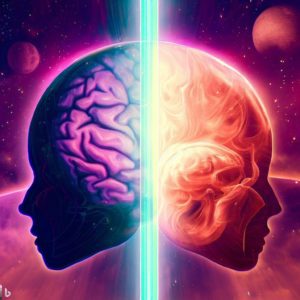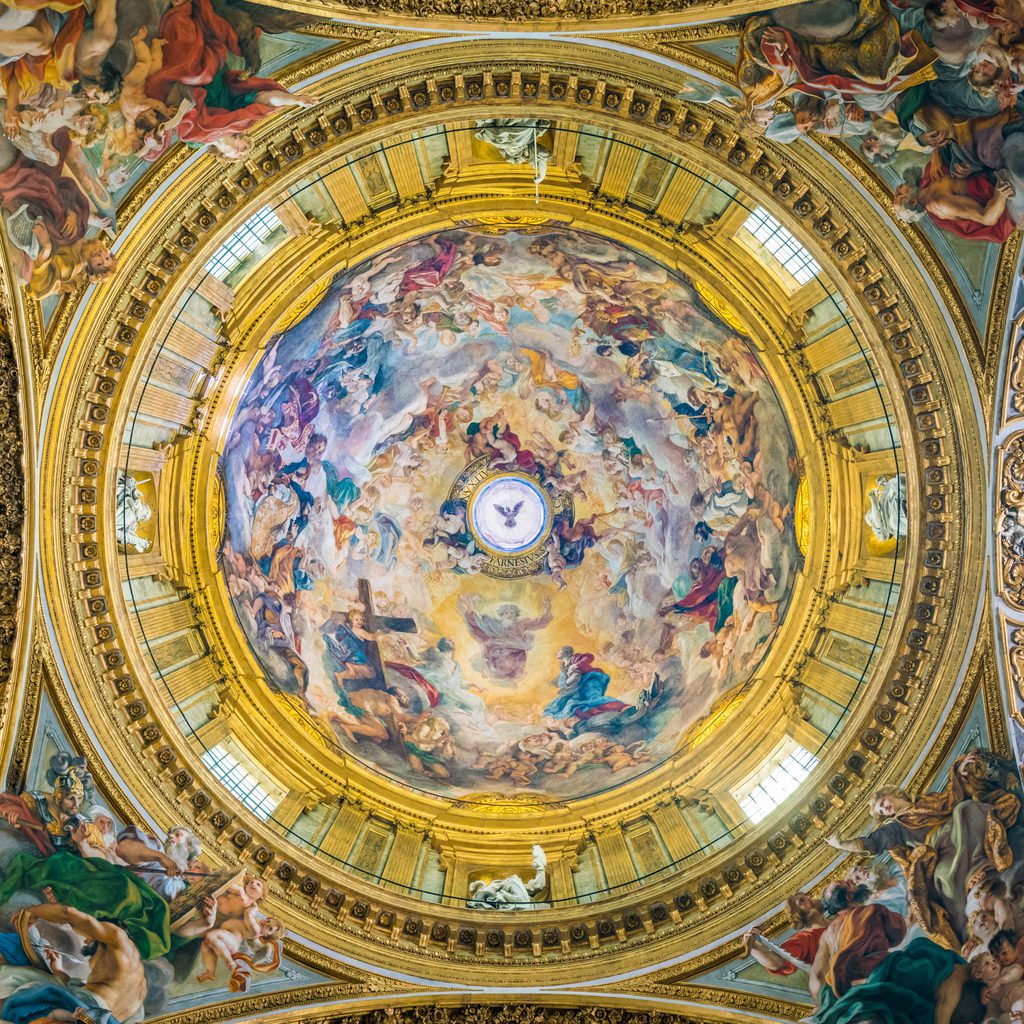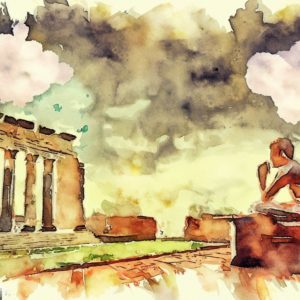Buried within the vast avalanche of the infinite material found on the Internet that you dear reader are able to access, questioning whether an event that occurred to you was pure chance or some type of a coincidence on some level and then having the thought or will to seek answers to your own internal question and stumbling upon this blog post hopefully unravels the answer to this very deep and personal question for you.
The collective term for this observational or intuitive feeling—or inner knowing—that pushed your mind to question if said event was pure chance or if it was somehow fate or karma or more than pure random chance, is what the psychologist/philosopher Carl Jung called synchronicity. The counter to this in scientific or mathematical terms would in all likelihood be probability theory, or a math and science method of explaining events occurring in all likelihood, like tossing and flipping a coin and whether or not it will be heads or tails. If that is the type of explanation you seek that is not what I will discuss further. Though I find such concepts as this interesting, a coin toss probability equation in my mind simply does not answer why you dear reader chose to think of the event that brought you to question chance or fate, nor the motivation you suddenly had to seek answers to it. If the event itself is a convergence of randomness, then it is the opinion of this writer that the thoughts would also be utterly random. Though thought can be utterly random, acting on thought isn’t random (even though one can act without thought), and if the thought being acted upon isn’t random then the event in question couldn’t have been random either.
How deep you choose to go down this rabbit hole is of course up to you. How often one has such experiences as I’ve observed within my own mind is entirely dependent on the situational awareness one possesses coupled with the internal thought awareness of one’s own thinking mind. Let me try to explain that sentence with an example. If you go to a baseball game and walk by someone you knew fifteen years ago, the only way to recognize that person you just walked by is if you were consciously looking at the people around you and if while you walked by said person and were considering the face, you weren’t daydreaming about the nachos you were about to purchase at the snack stand. This example wouldn’t actually be synchronicity then. It’s just running into somebody you haven’t seen for fifteen years at a ballgame (probability theory). What would make this a synchronous event is if prior to attending the baseball game, for whatever reason in whatever manner you had thought of that person or had looked at that person in an old photo album or in a high school yearbook or something like that. Basically, that in some way prior to actually and physically crossing paths with said person you had already seen or thought or experienced something about that person. Thus, walking by them at a baseball game after having thought about them, that’s the key word as well, after having thought or experienced the person in this example in some way (meditation/visualization as well), this is what would denote this experience as synchronicity. It can’t be chance that you just crossed paths with this person if you had just thought about them in some way prior to the event or experience.
But therein lies the difficulty in understanding such experiences. There are multiple layers of awareness required to pierce through and question such things. You had to have thought about and then remembered whatever it was that had crossed your mind, been aware enough during the coincidental event to remember the thought or experience that had occurred and been remembered prior, and then of course processing it in the present moment as something utterly strange or coincidental, then wondering further if it might not mean something greater, and if so, what?
That is real synchronicity. Not just I wanted to buy a Coke because I saw a Coke ad, or I saw a Coke ad and then wanted to buy a Coke. That is how advertisers use this concept to advertise. . .whether they know it or not.
I hope this has explained synchronicity a bit for you, dear reader. Somebody like myself that studies what are called the Mysteries, or the Mystical Experience, and a scientist, will disagree on this all day. Though I do believe there are chance random experiences, and that probability theory does in fact work and frequently works—if not predominately works—or functions in the universe. I just don’t think this is the case for every experience we have, and this is especially eradicated when one gains a greater depth of the inner awareness of awareness itself.
So, what is synchronicity? That’s very hard to answer in concrete terms. It’s more than examining an event as a probable event. Perhaps the better way of stating what synchronicity is, is to state that it’s when you the observer or experiencer of an event recognize its similarity to a thought or event prior and that the similarity or exactness is so similar and exact that it causes you to question the entire event and scenario. If probability is occurring all the time, then synchronicity could be when we care enough to wonder or ask the hard question of, “Why?” are these things happening as if they were supposed to happen. Not just in the world in general like probability, but “Why are they happening to me as if they were supposed to happen because I knew they were going to happen and why am I aware of it?”





